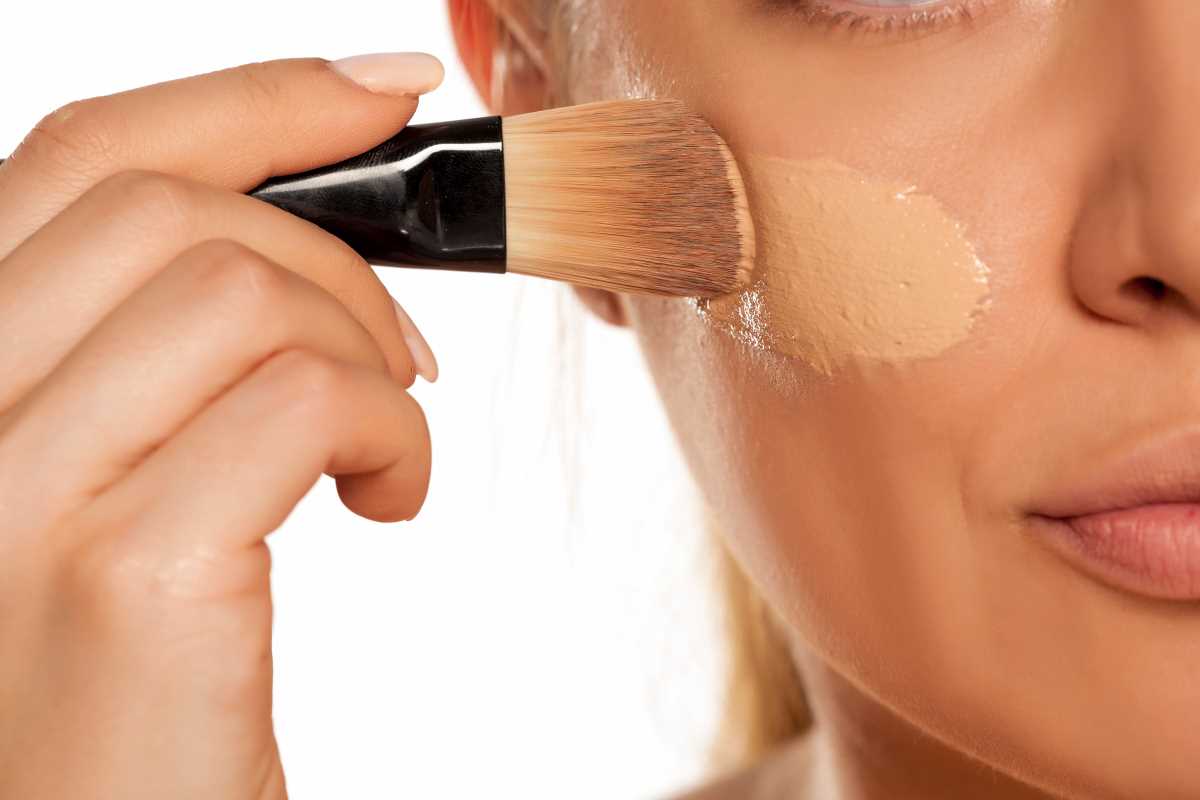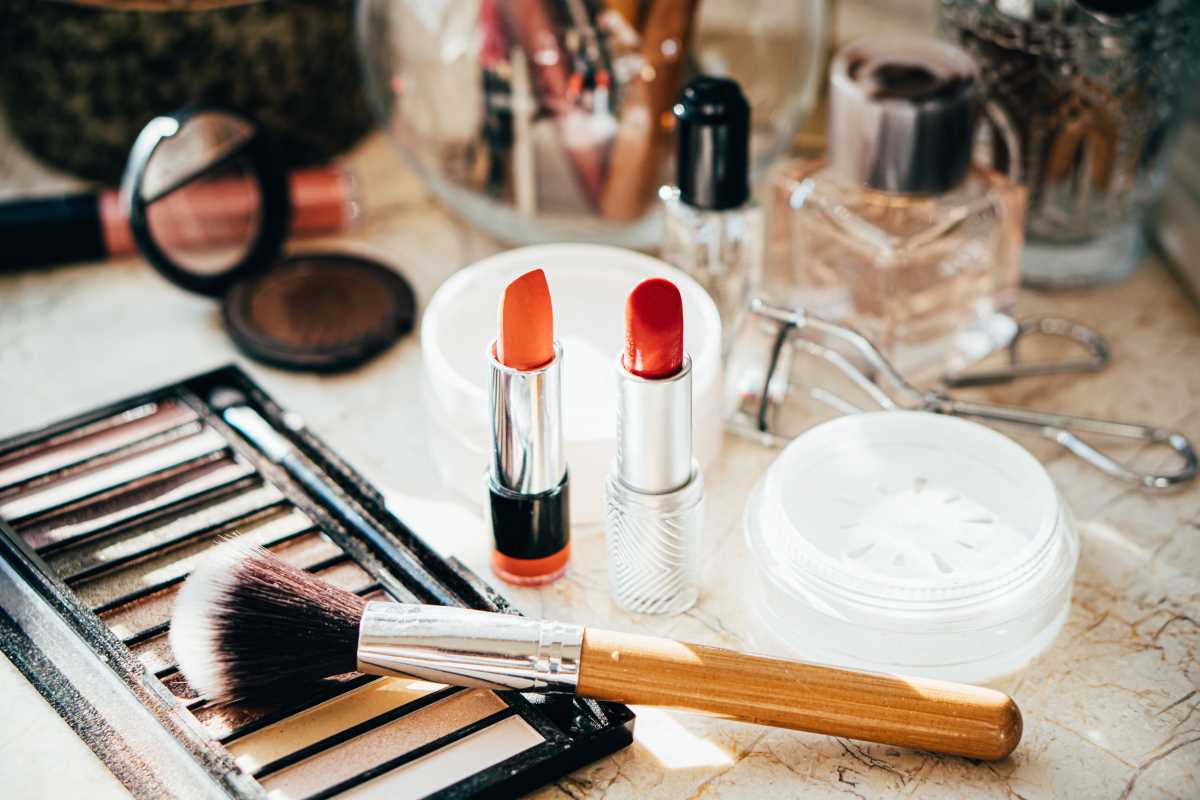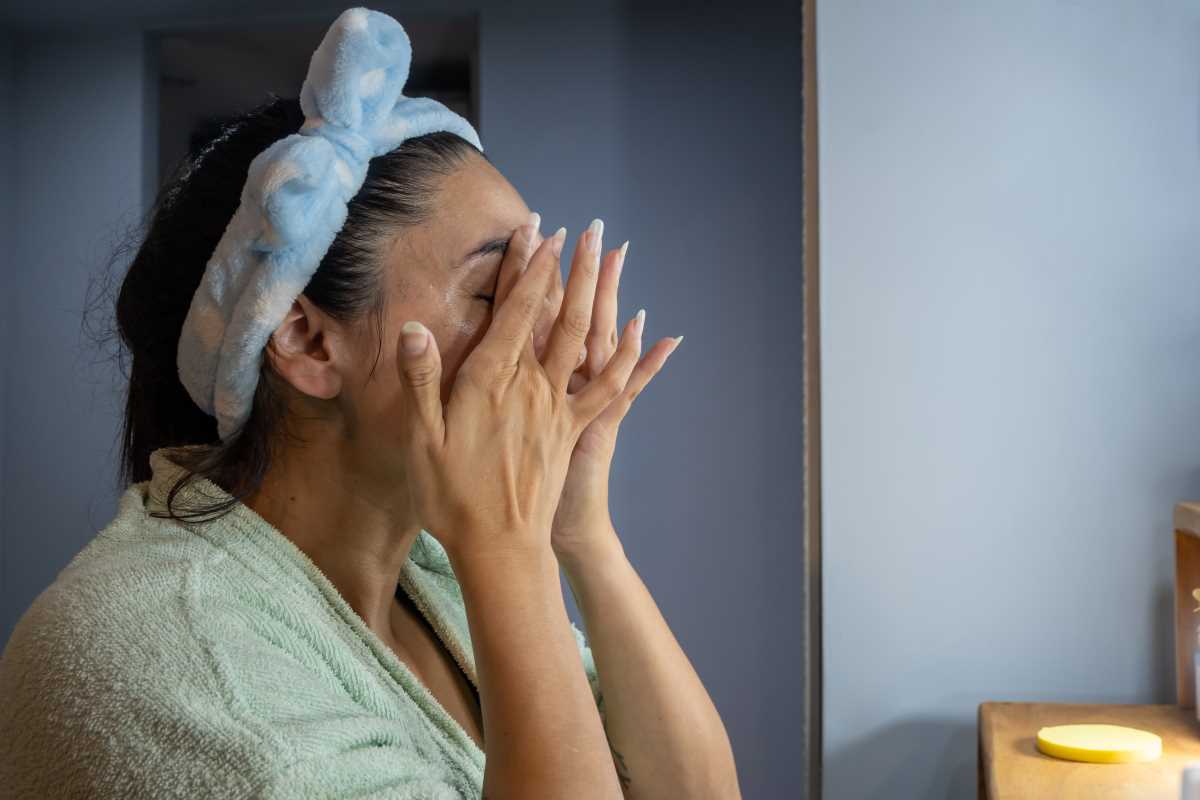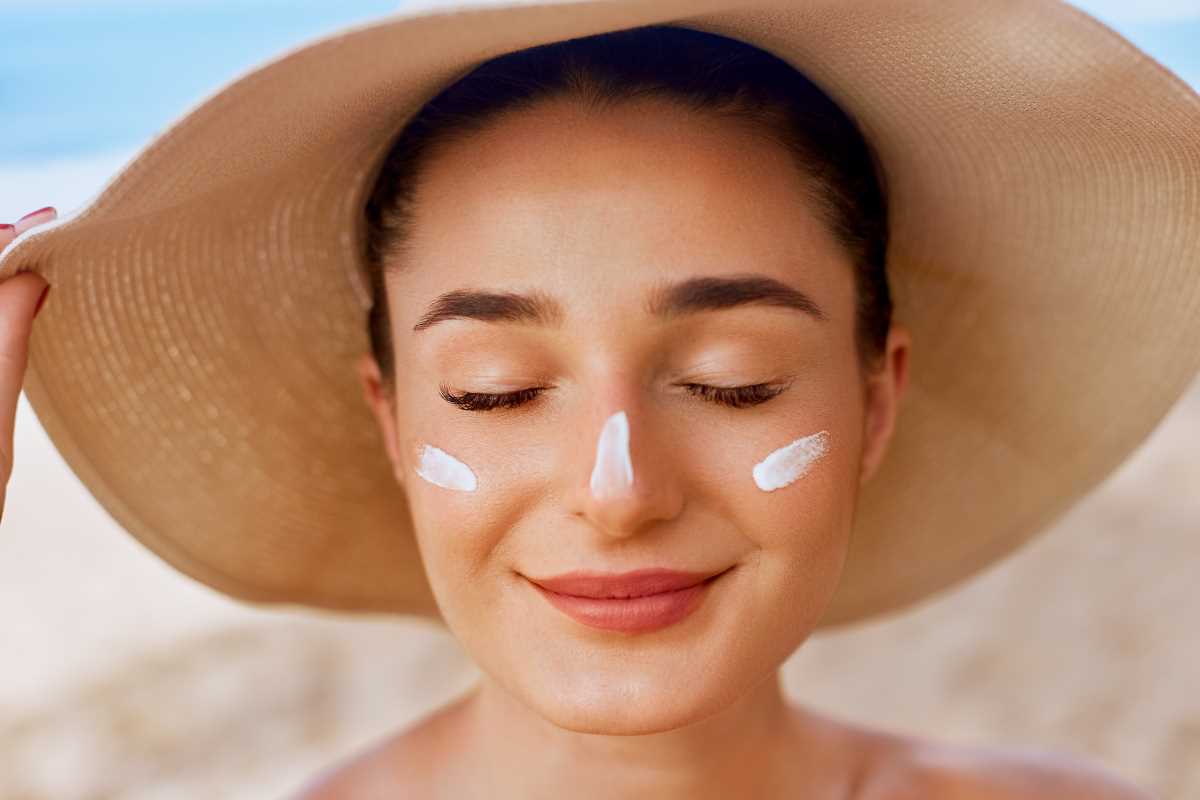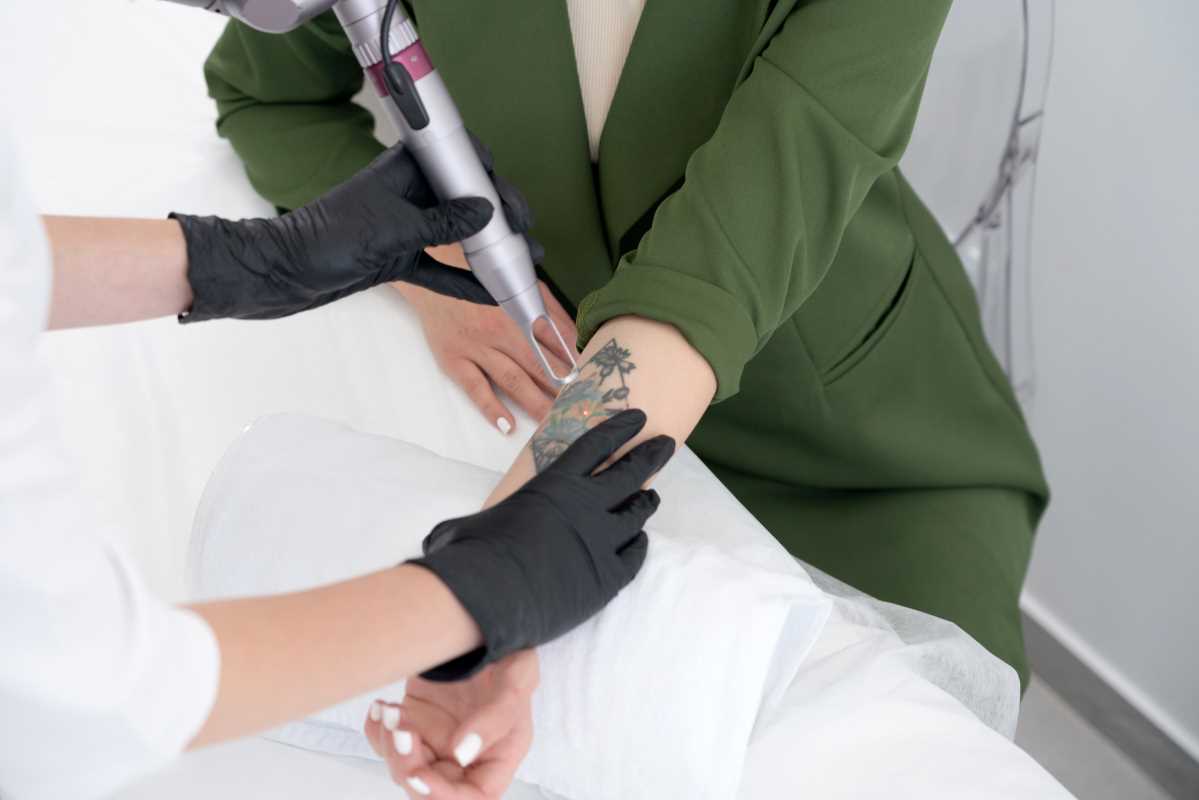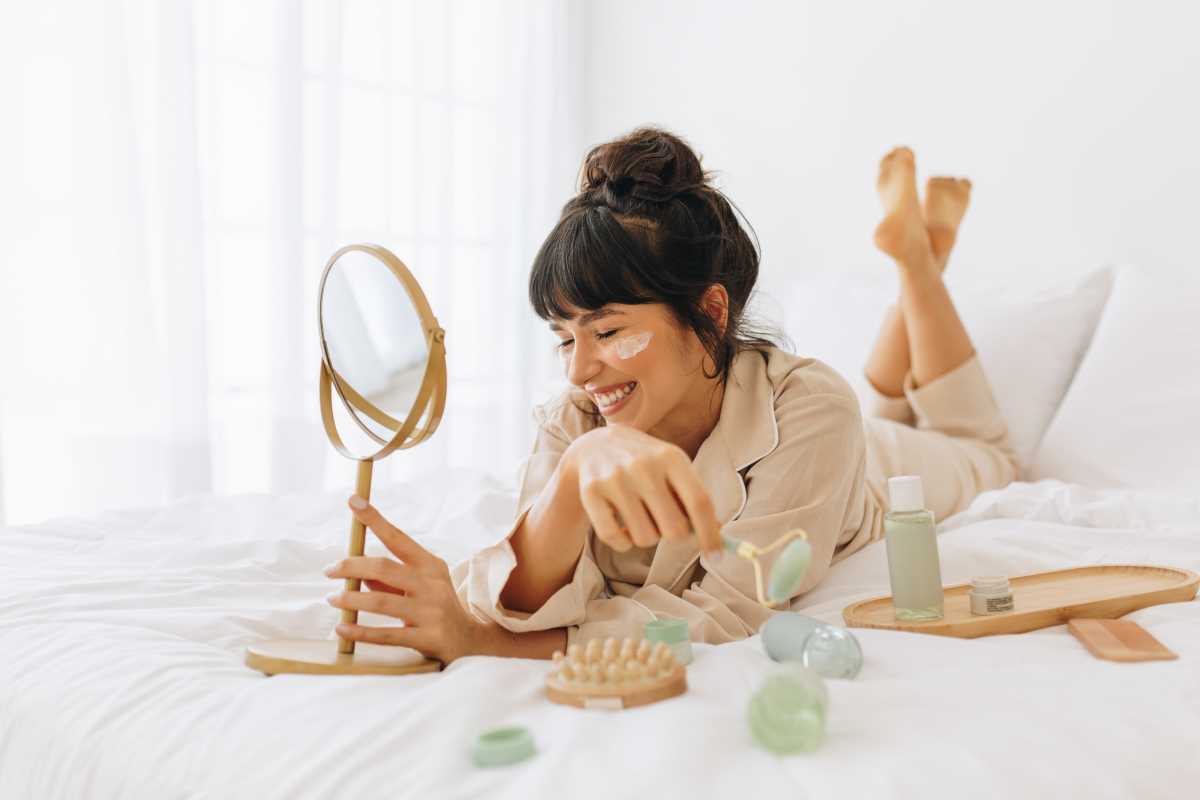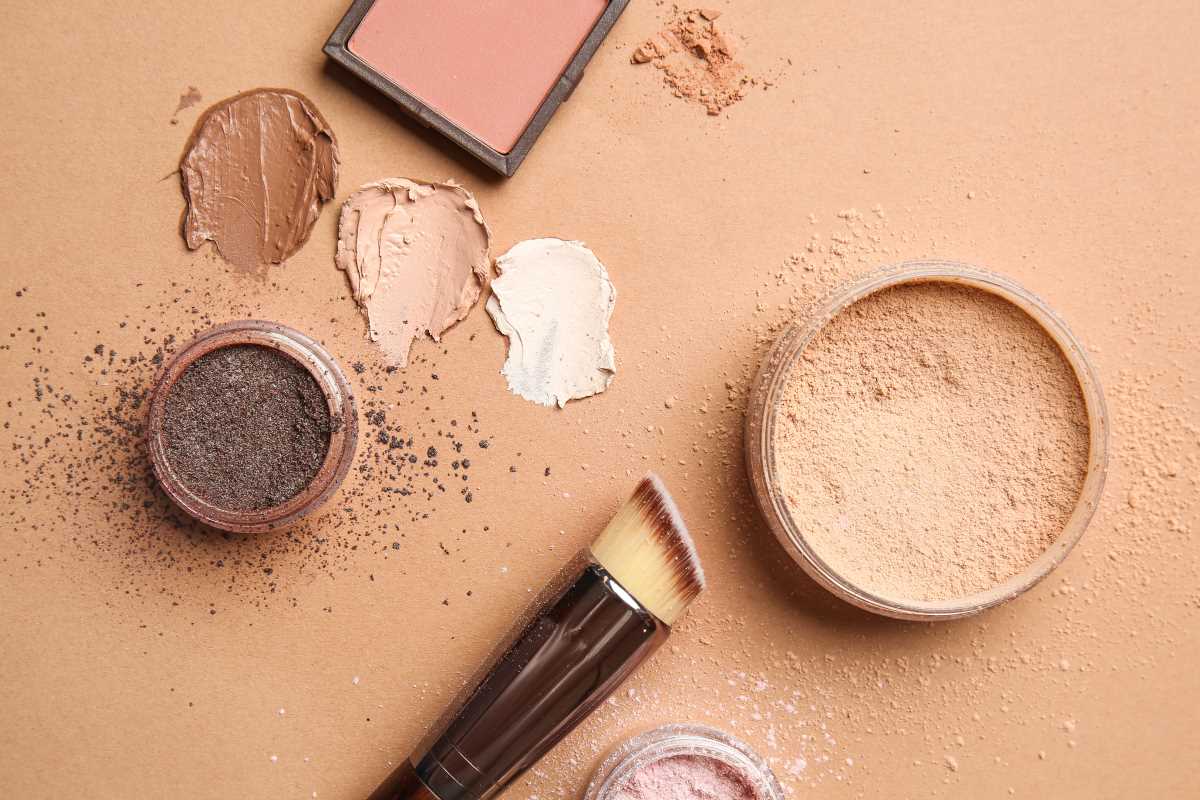Achieving healthy and shiny hair is a goal for many, and while it may seem elusive, it is entirely attainable with the right approach. Factors such as diet, hair care products, styling habits, and environmental influences all play a role in the health of your hair. Below are essential tips to help you nurture your locks and achieve that radiant shine you desire.
Understanding Hair Structure
Before diving into specific tips, it’s essential to understand the basic structure of hair. Hair is primarily made up of a protein called keratin, which is produced in hair follicles beneath the skin. Each hair strand consists of three layers: the cuticle, cortex, and medulla. The cuticle is the outermost layer that protects the inner layers and contributes significantly to the hair's shine. Healthy hair cuticles lie flat, reflecting light and giving hair a glossy appearance. When hair is damaged, the cuticles can become rough and raised, leading to dullness and frizz.
Nourish Your Hair from Within
Healthy hair starts from the inside out, and proper nutrition is vital. A balanced diet rich in vitamins and minerals can significantly impact the quality of your hair. Key nutrients for hair health include:
- Protein: Since hair is primarily made of protein, it’s crucial to consume adequate amounts. Include lean meats, fish, eggs, beans, and nuts in your diet.
- Omega-3 Fatty Acids: These healthy fats nourish the scalp and can be found in fish, walnuts, flaxseeds, and chia seeds.
- Vitamins A and C: These vitamins help produce sebum, the natural oil that keeps hair moisturized. Incorporate carrots, sweet potatoes, citrus fruits, and leafy greens into your meals.
- Biotin and Zinc: Biotin is known for its role in hair growth, while zinc helps with tissue growth and repair. Foods like eggs, nuts, whole grains, and shellfish are great sources.
Staying hydrated is also crucial for healthy hair. Water helps maintain moisture balance in the body and supports the overall health of your hair.
Choose the Right Hair Care Products
Selecting the right products is fundamental to maintaining healthy hair. Look for shampoos and conditioners formulated for your specific hair type—whether it’s oily, dry, curly, or straight. Avoid harsh sulfates, parabens, and alcohols, which can strip hair of its natural oils. Instead, opt for gentle, nourishing formulas that hydrate and protect.
In addition to shampoo and conditioner, consider incorporating hair masks and treatments into your routine. Deep conditioning treatments can provide extra moisture and repair damage. Aim to use a deep conditioning mask at least once a week, focusing on the ends of your hair where damage tends to be more pronounced.
Develop a Proper Washing Routine
How often you wash your hair can significantly impact its health. While some people may need to wash their hair daily due to oiliness, others may find that washing every few days is sufficient. Overwashing can strip hair of its natural oils, leading to dryness and dullness.
When washing your hair, use lukewarm water instead of hot water, as hot water can damage hair and lead to dryness. Always follow up with a conditioner to help lock in moisture. When applying conditioner, focus on the mid-lengths to ends of your hair, as this is where hydration is most needed.
Master the Art of Drying
How you dry your hair can also affect its health. Instead of rubbing your hair vigorously with a towel, which can cause breakage, gently blot or squeeze excess water from your hair. Consider using a microfiber towel, which is softer and more absorbent than traditional towels.
If you use a blow dryer, use it on a lower heat setting and maintain a distance of at least six inches from your hair. Incorporate a heat protectant spray to shield your hair from damage caused by heat styling tools.
Minimize Heat Styling
Frequent use of heat-styling tools like flat irons, curling wands, and blow dryers can lead to damage and dullness. If you can, try to limit heat styling to special occasions and explore heat-free styling methods, such as braiding wet hair for waves or using rollers.
When you do use heat, always apply a heat protectant spray beforehand. These products create a barrier between your hair and the heat, reducing the risk of damage.
Regular Trims
Regular trims are essential for maintaining healthy hair. Even if you’re trying to grow your hair out, getting rid of split ends can prevent further damage and breakage. Aim to visit the salon every six to eight weeks for a trim, even if it's just a small amount. This practice helps keep your hair looking fresh and healthy.
Protect Your Hair from Environmental Damage
Environmental factors like sun exposure, pollution, and chlorinated water can wreak havoc on your hair. Protect your hair by wearing a hat or using hair products with UV protection when you’re spending extended time outdoors. Consider rinsing your hair after swimming in chlorinated pools to remove harmful chemicals.
During the winter months, cold weather can also dry out your hair. Use a moisturizing hair serum or oil to help lock in hydration and prevent static.
Incorporate Scalp Care
Healthy hair begins with a healthy scalp. Taking care of your scalp is crucial for promoting hair growth and ensuring your hair receives adequate nourishment. Incorporate scalp massages into your routine to stimulate blood circulation. You can do this while washing your hair or as a separate practice using oils like coconut or jojoba oil.
Consider using a gentle exfoliating scalp scrub once a month to remove buildup and dead skin cells. This can enhance scalp health and create an optimal environment for hair growth.
Embrace Natural Oils
Natural oils can work wonders for your hair, providing nourishment and shine. Oils such as argan oil, coconut oil, and olive oil can help moisturize and protect hair. You can use these oils as pre-shampoo treatments or as leave-in conditioners.
To use as a pre-shampoo treatment, apply a small amount of oil to your hair and scalp, allowing it to sit for at least 30 minutes before washing. For a leave-in treatment, apply a few drops to the ends of your hair after drying to add shine and reduce frizz.
Listen to Your Hair
Ultimately, every person’s hair is unique, and what works for one individual may not work for another. Pay attention to your hair’s response to different products and practices. If your hair feels dry, try reducing the frequency of heat styling or deep conditioning more often. If it feels oily, consider adjusting your washing routine or the products you use. Understanding your hair type and its needs will help you tailor your routine to achieve optimal health and shine.
Consider Supplements
If you find it challenging to meet your nutritional needs through diet alone, consider incorporating hair health supplements. Biotin, collagen, and omega-3 fatty acids are popular choices known for supporting hair growth and health. Before starting any supplements, consult with a healthcare professional to ensure they are appropriate for you.
Stay Consistent
Consistency is vital when it comes to hair care. Establish a routine that you can realistically maintain, and be patient as you work toward healthier hair. It may take time to see significant changes, but with dedication and the right practices, you can achieve shiny, vibrant locks.

